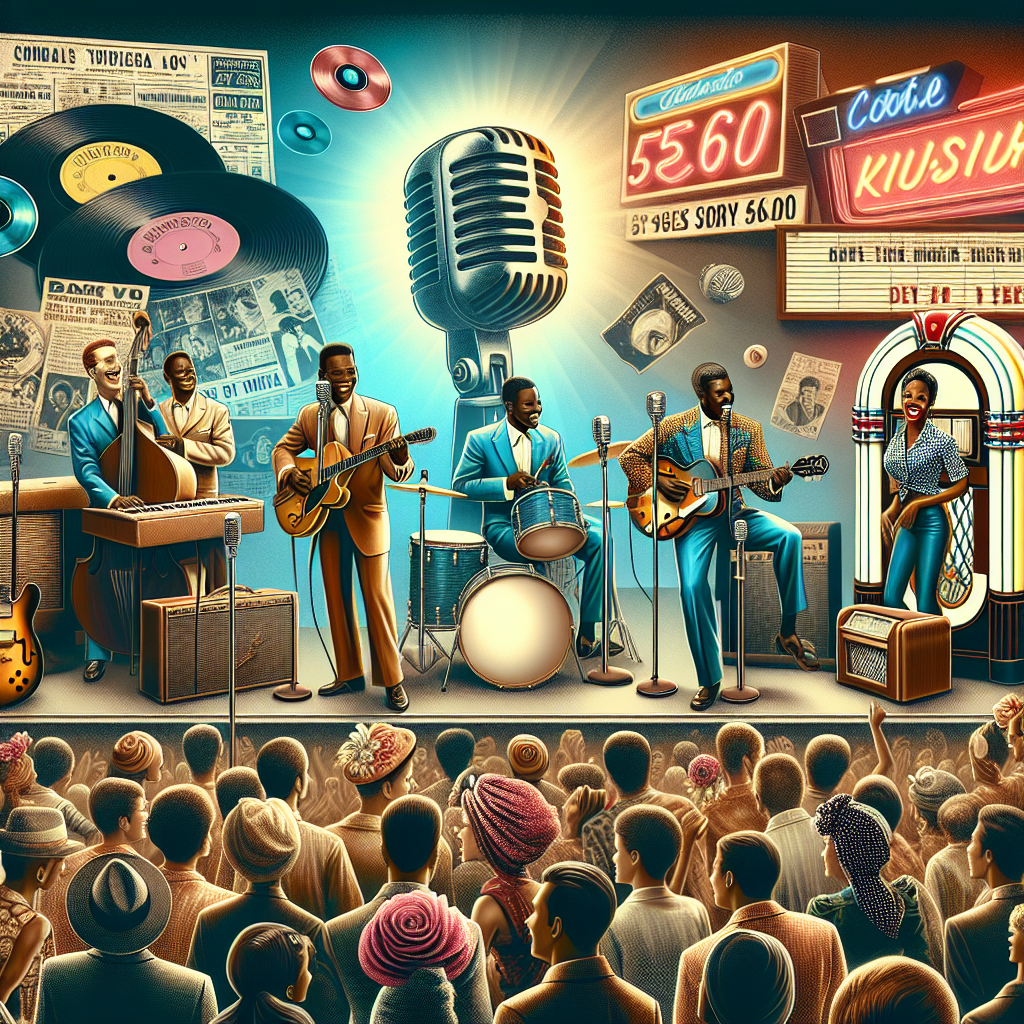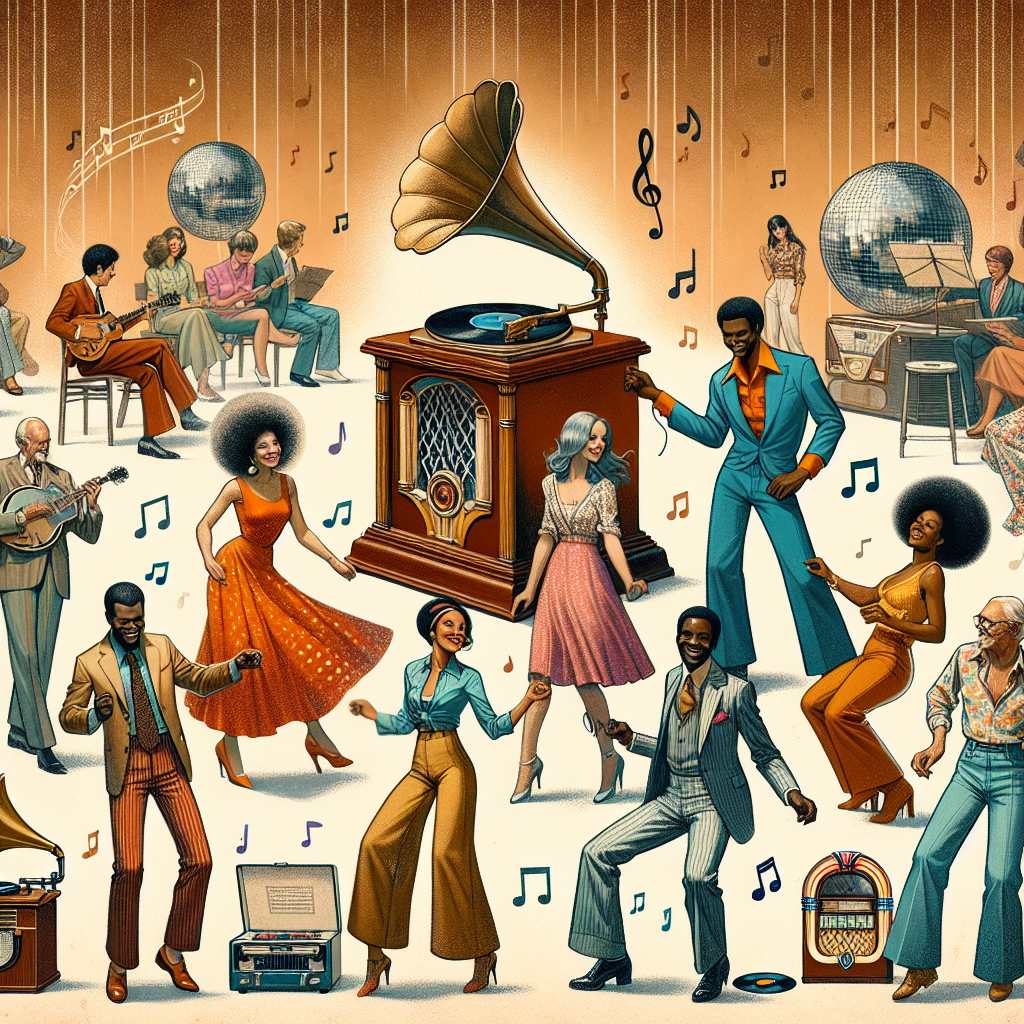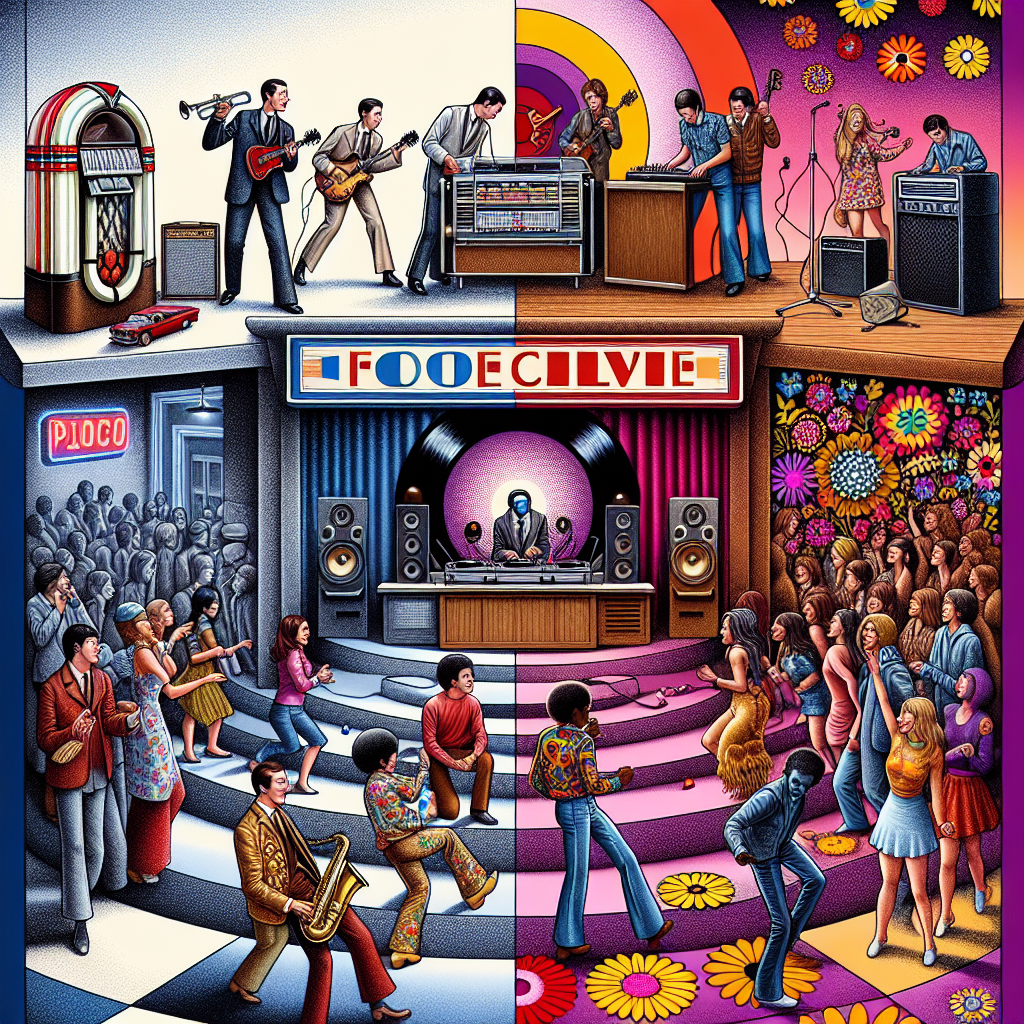The 1960s was a decade of immense change and transformation in the United States. From the civil rights movement to the Vietnam War, from the rise of counterculture to the space race, the 60s were a time of upheaval and progress. And at the heart of this tumultuous era was music.
From Motown to Woodstock, the soundtrack of the 1960s reflected and shaped the culture of the time. The music of this decade was a powerful force for social change, providing a voice for those who were marginalized and oppressed. It brought people together, inspired them to take action, and offered hope for a better future.
Music
Music in the 1960s was incredibly diverse, ranging from soul and R&B to folk and rock. Artists like Aretha Franklin, The Beatles, Bob Dylan, and Jimi Hendrix pushed boundaries and broke new ground with their innovative sounds and lyrics. Motown Records in Detroit churned out hit after hit with acts like The Supremes, Marvin Gaye, and Stevie Wonder dominating the charts.
Culture
The music of the 60s played a central role in shaping popular culture. It provided a soundtrack for social movements like civil rights, women’s liberation, and anti-war protests. Songs like “Blowin’ in the Wind” by Bob Dylan and “Respect” by Aretha Franklin became anthems for change, inspiring millions to stand up against injustice.
Politicians
Even politicians took notice of the power of music in shaping public opinion. John F. Kennedy famously invited artists like Frank Sinatra and Ella Fitzgerald to perform at the White House, using their star power to promote his policies. And when Richard Nixon tried to use music for his own ends during his re-election campaign in 1972 with songs like “Bridge Over Troubled Water,” artists like Simon & Garfunkel publicly denounced him.
Fashion
The fashion of the 60s was just as eclectic as its music. From mini skirts and go-go boots to tie-dye shirts and bell-bottom jeans, people expressed themselves through their clothing choices. Icons like Twiggy and Jimi Hendrix set trends that are still influencing fashion today.
Technology
Advancements in technology also played a significant role in shaping music in the 60s. The invention of portable record players allowed people to listen to their favorite tunes on-the-go, while developments in recording equipment made it easier for artists to experiment with new sounds. The rise of FM radio stations gave musicians more creative freedom than ever before.
In conclusion, from Motown to Woodstock, exploring the soundtrack of the 1960s is an enriching experience that reveals not only great music but also insights into culture, politics, fashion, and technology of that era. The positive outlook on this transformative decade is evident in how its music continues to resonate with audiences today.










